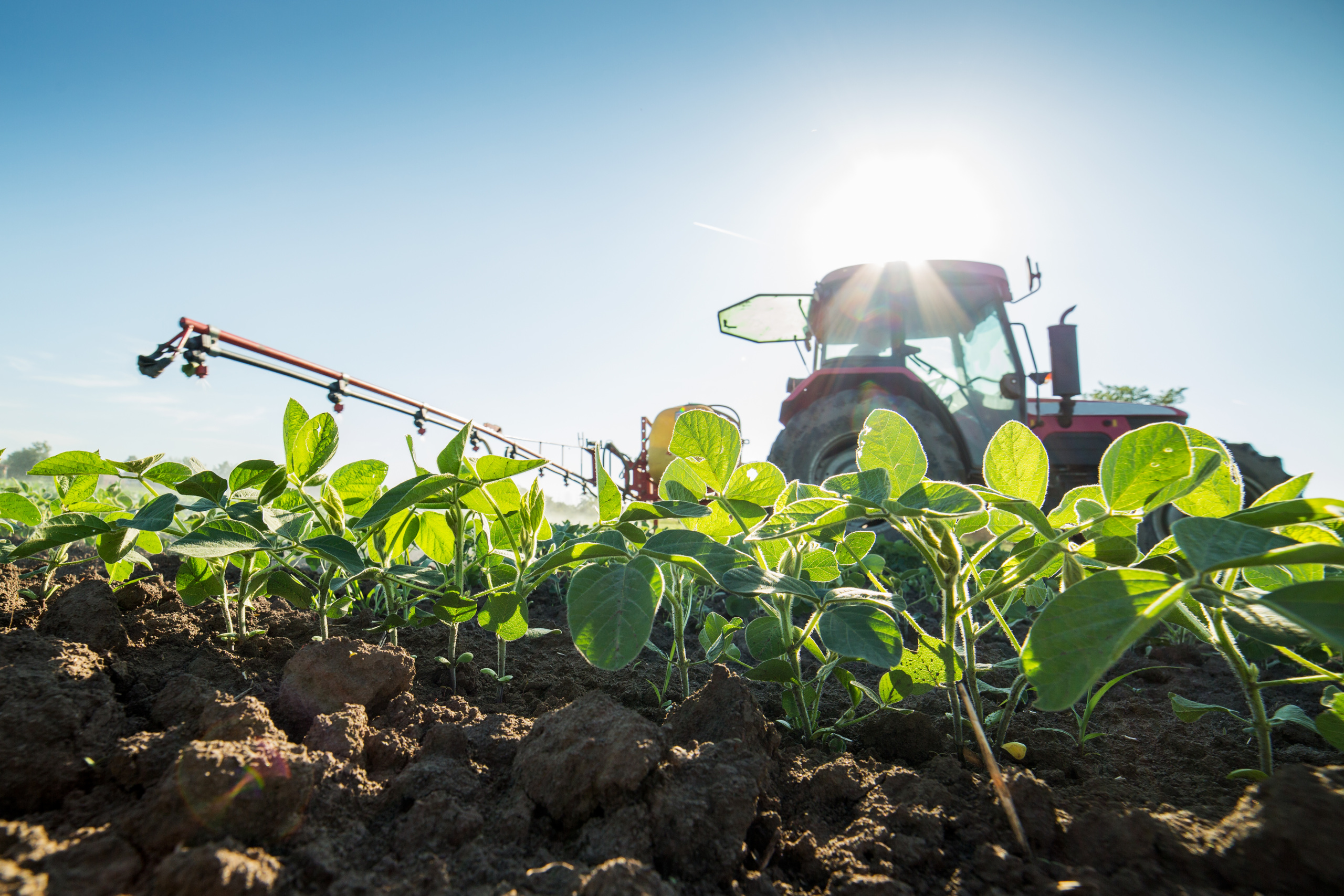
Tell the EPA: Ban dangerous, drifting dicamba
It's time for the Environmental Protection Agency (EPA) to ban this chemical once and for all to protect our health.
We wouldn’t have much of the food we rely on without pollinators. But they face many threats, from habitat loss to toxic pesticides. This National Pollinator Week we’re highlighting 1 pollinator a day and sharing actions YOU can take to protect our pollinators & our food!
Today’s Pollinator of the Day: Birds!
While birds in the U.S. – from hummingbirds and orioles to the honeycreeper of Hawai’i – mostly pollinate flowers, birds in tropical regions pollinate some of our favorite fruits, such as bananas and papaya.
Unfortunately, our pollinators face many threats. Toxic neonicotinoid pesticides (neonics for short) are the most widely used class of pesticides in the world. You probably knew that they contribute to bee die-offs, but did you know that they also harm other pollinators, including yesterday’s and today’s pollinators of the day: butterflies and birds? A study in Nature found that neonics negatively impact birds’ migration.
We need to protect our pollinators and the important role they play in feeding the world and shaping our beautiful landscapes. It’s time to ban pollinator-killing pesticides. Take action today.
It's time for the Environmental Protection Agency (EPA) to ban this chemical once and for all to protect our health.
SEND YOUR MESSAGE